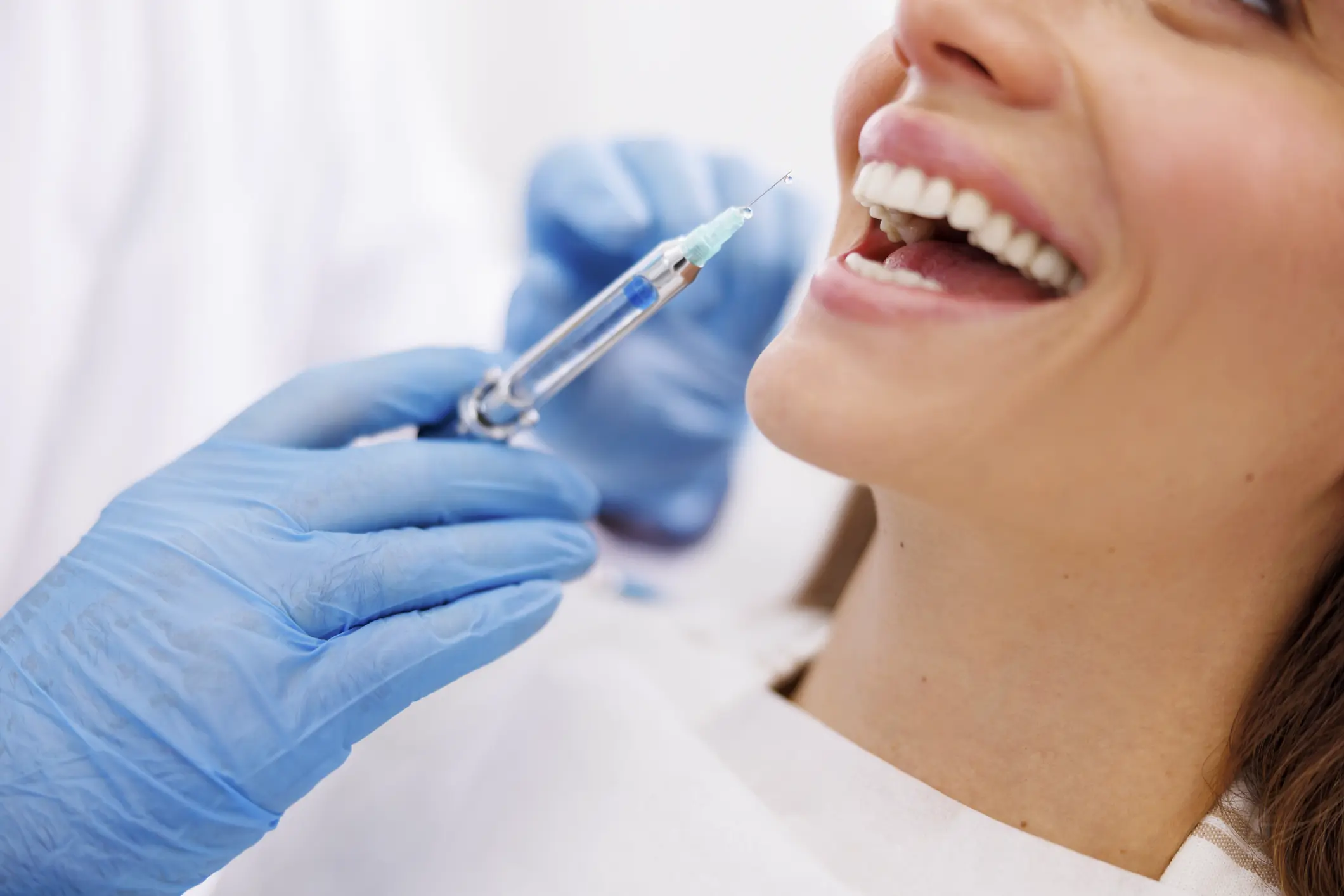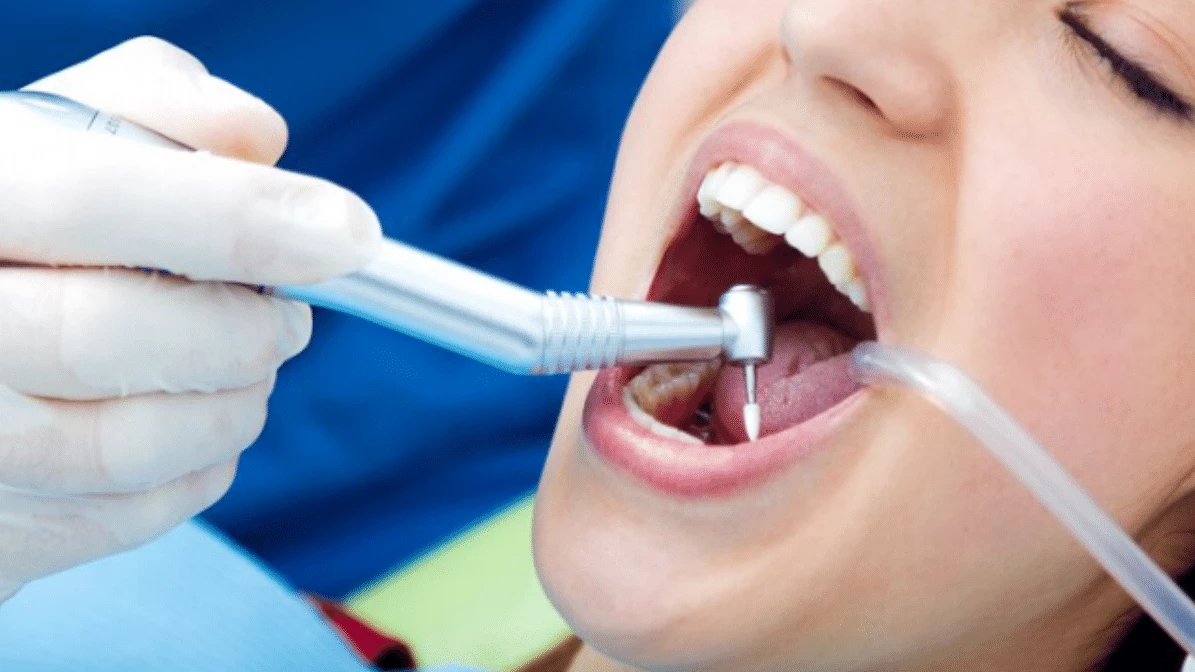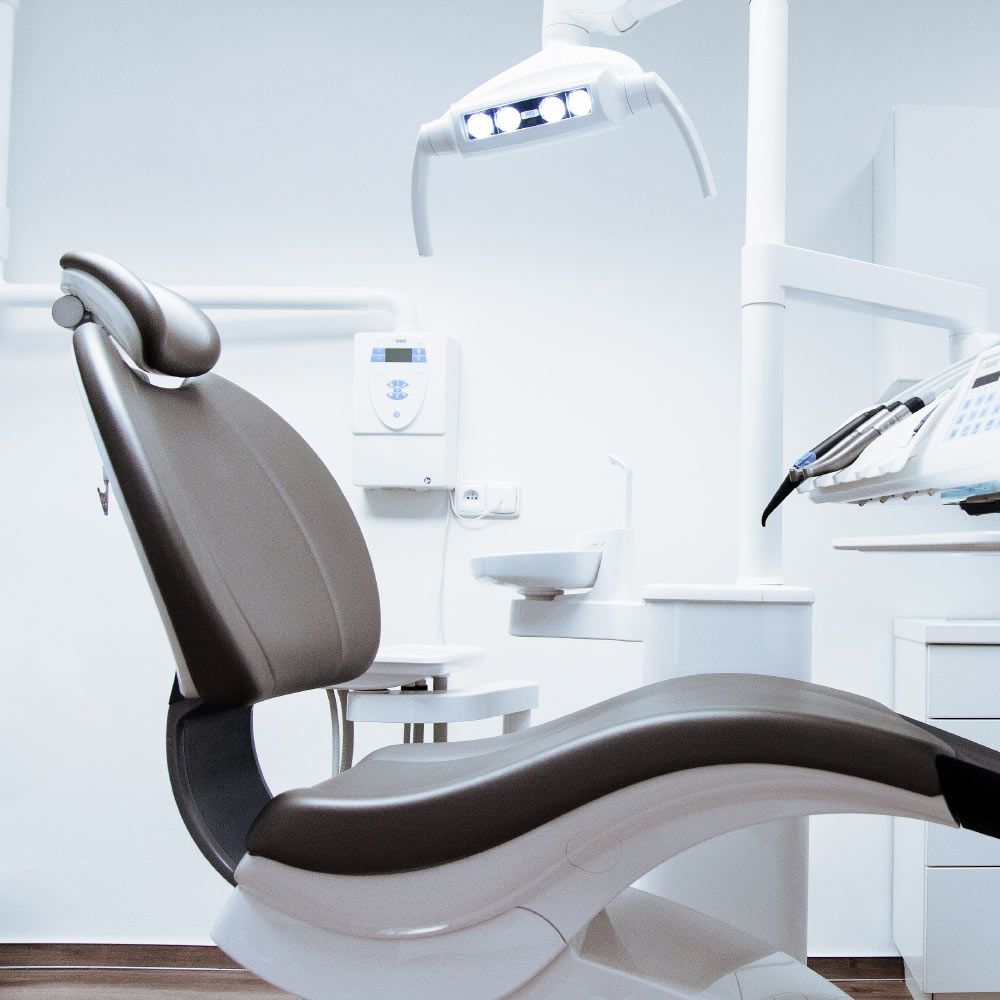Immediate Help for Tooth Pain, Injuries & Emergencies
Get seen today — we leave room every day for urgent visits
We treat dental emergencies as high priority. Whether it’s sudden pain, swelling, a knocked-out tooth, or a lost filling, we move quickly to diagnose and treat the issue — often during the very first visit. Our goal is to relieve discomfort, stabilize the problem, and give you clear next steps toward a long-term solution.
What to Do Right Now if You’re Facing a Dental Emergency
Every minute counts. Until you reach us, here’s what helps:
- Call our office immediately so we can prepare for your visit.
- Avoid chewing on the affected area.
- Rinse your mouth gently with warm water to clear debris.
- If you have swelling, apply a cold compress to the outside of your cheek.
- Save any broken tooth fragments. Place them in milk or mild saline if possible.
- Avoid placing aspirin or painkillers directly on your gums.
These simple steps can improve your chances of saving the tooth and reduce pain before you arrive.

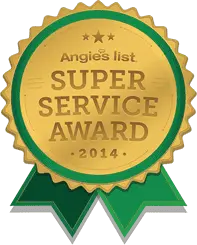

Common Dental Emergencies We Treat
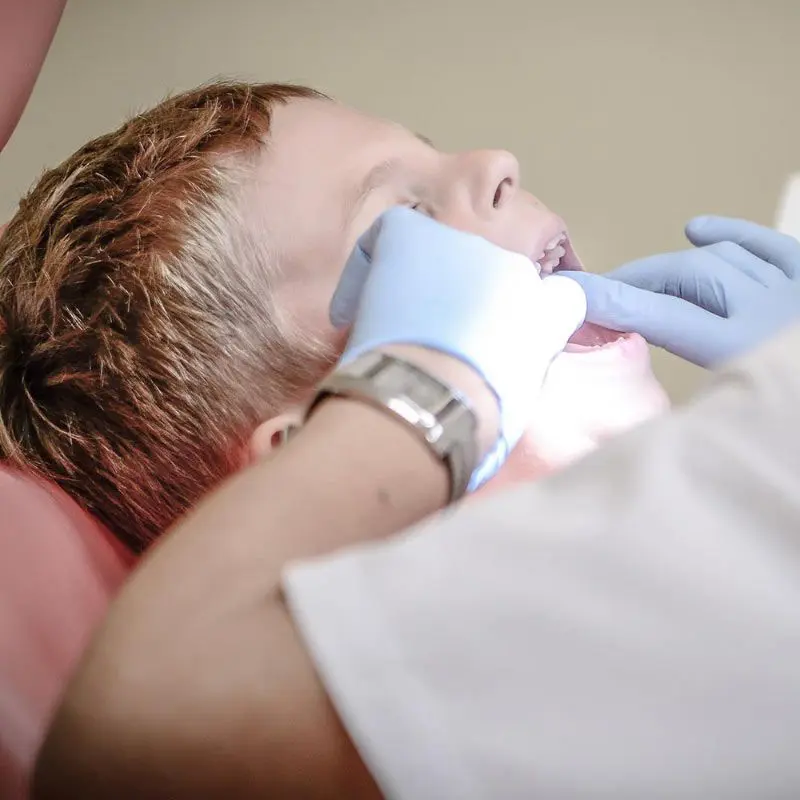
Severe Toothache or Sudden Sensitivity
Persistent or sharp tooth pain could signal a nerve infection, crack, or deep cavity. When you come in, we’ll numb the area, take digital X-rays, and diagnose the root cause, often the same day. Treatment may include a filling or root canal therapy depending on what’s needed. Our digital imaging and in-office diagnostics help us act fast.
Broken or Chipped Tooth
A chipped or cracked tooth is more than cosmetic, it can lead to sensitivity, infection, or structural weakness. We assess the damage immediately. For minor chips, we often apply bonding or a same-day temporary restoration to protect the tooth until a permanent repair can be made. For more extensive cracks, we outline long-term options and stabilize the tooth so you leave with a plan (and relief).
Knocked-Out Tooth (Avulsion)
If a tooth has been knocked out, time is critical. For the best chance of saving the tooth, it needs to return to its socket within 30–60 minutes. If possible, keep the tooth in milk or saline, avoid touching the root, and come to our office right away. We’ll attempt to reposition and stabilize the tooth, and discuss restorative options for long-term success.
Dental Abscess or Infection
A swollen jaw, severe ache, or a “pimple” on your gum may signal an abscess — a serious infection that requires prompt treatment. We drain and clean the infected area, prescribe appropriate antibiotics if needed, and plan definitive treatment to remove or save the tooth. Left untreated, an abscess can worsen and affect overall health. We prioritize infection control and patient safety.
Lost Crown or Filling, Exposed Tooth Surface
A lost crown or filling can expose sensitive inner layers of your tooth, leading to pain, sharpness, or rapid decay. If you act quickly, we can often provide same-day temporary or permanent restoration to protect the tooth and relieve discomfort. If replacement isn’t immediately possible, we’ll stabilize the tooth and schedule follow-up treatment.
What to Expect During Your Emergency Visit
Clear, comfortable care from the moment you walk in
- Step 1 – Immediate Comfort: When you arrive, we start by numbing the affected area so you’re comfortable before any examination or X-ray.
- Step 2 – Fast Diagnosis: We use our digital X-ray and intraoral camera to quickly identify the problem, whether it’s a crack, infection, or structural damage.
- Step 3 – Treatment Planning on the Spot: We explain all viable treatment options, what each involves, expected costs, and recovery steps. You can make an informed decision — no surprises.
- Step 4 – Same-Day Treatment When Possible: Whenever feasible, we address the problem during the first visit, whether that’s a temporary fix, a permanent restoration, or referral for advanced care.
- Step 5 – Aftercare and Follow-Up: You’ll leave with clear instructions on how to recover, manage pain, and care for the treated area. We’ll also schedule any needed follow-up or permanent repair.
This process ensures patients are relieved of pain quickly and leave with confidence that their dental health is in good hands.
Treatment Options for Fast, Effective Relief
We offer a full range of emergency care using modern dental technology and years of experience:
- Same-day fillings or bonding for minor fractures or decay.
- Temporary or permanent crowns for more serious damage.
- Emergency root canal therapy for nerve pain and infection.
- Abscess drainage and infection control, with antibiotics if needed.
- Tooth stabilization or re-implantation for knocked-out teeth.
- Gentle extractions when a tooth cannot be saved.
- Clear explanation and follow-up care, including custom restoration plans.
Our priority is pain relief, preserving your oral health, and restoring function while minimizing stress and wait times.
Transparent Emergency Dental Pricing
We believe in honest, upfront pricing so you’re never surprised. The final cost depends on the nature and severity of your dental issue. We always review treatment options and costs with you before beginning any procedure. Also, we accept most major dental insurance plans and offer flexible payment options where needed.
Meet Your Emergency Dentist at Cornerstone Dentistry
Drs. Hardy and Wilson and our team bring over years of combined experience treating urgent dental needs. We stay up-to-date with modern emergency protocols and use advanced equipment like digital X-rays and intraoral cameras to diagnose and treat quickly and accurately.
Our staff is trained in emergency response and follows strict safety protocols, from infection control to patient comfort, ensuring your visit is as safe as it is swift.
Why Patients Trust Cornerstone Dentistry for Emergencies
- Same-day appointments — we hold slots open daily for urgent needs.
- Clear, honest communication — you know what’s wrong, what we can do, and what it will cost.
- Advanced diagnostics + modern treatment — digital tools help us identify and treat problems faster.
- Compassionate care — we make sure you feel heard, comfortable, and supported.
- Transparent pricing & insurance support — no hidden fees, and insurance guidance when needed.
- Proven experience — real patients, real results, local trust.
Call Now for Fast Emergency Dental Care in Anderson, SC
Don’t let dental pain wait. If you’re anxious, in pain, or unsure what to do, call Cornerstone Dentistry now! We’ll get you in as soon as possible, often the same day. Let us help restore your smile, your comfort, and your peace of mind.
Chipped Tooth
A chipped tooth occurs when the enamel or dentin layer is damaged. It can happen due to trauma, such as biting down on something hard, grinding your teeth, or having an accident. Chipped teeth can be painful and uncomfortable, but they are usually not serious if treated promptly.
If you have a chipped tooth, it is important to get it evaluated by a dentist as soon as possible. The treatment plan will depend on the extent of the damage and whether the damage affects the nerve or pulp in the center of the tooth. In cases where only a small piece of enamel is missing, your dentist may be able to repair it with bonding material or dental filling. More extensive chips may require a crown or root canal.
It is also important to remember that your teeth are susceptible to further damage after chipping, so it is important to practice good dental hygiene and follow the instructions given by your dentist. Brushing and flossing regularly, avoiding hard foods, and wearing a night guard can help protect against future problems.
If you have any questions about how to care for your chipped tooth, make sure to ask your dentist. They can provide the best advice and treatment plan for restoring your smile.
It is also a good idea to take preventive measures to avoid chipping your teeth in the first place. Wearing a mouthguard during contact sports or other activities that involve physical contact can prevent injuries to your teeth. Eating a healthy diet and avoiding hard or sticky foods can also help reduce the risk of chipping.
If you have any questions or would like to schedule an appointment with your Anderson dental team, give us a call at (864) 222-9001 or request an appointment online! We look forward to hearing from you!

